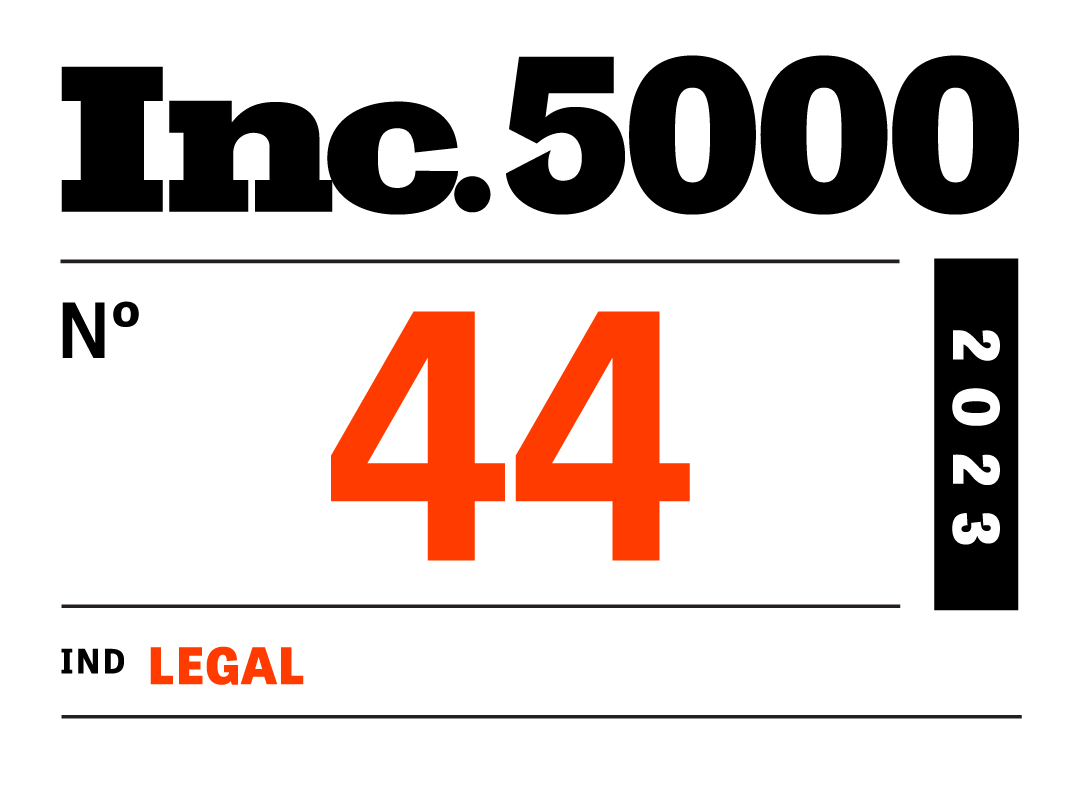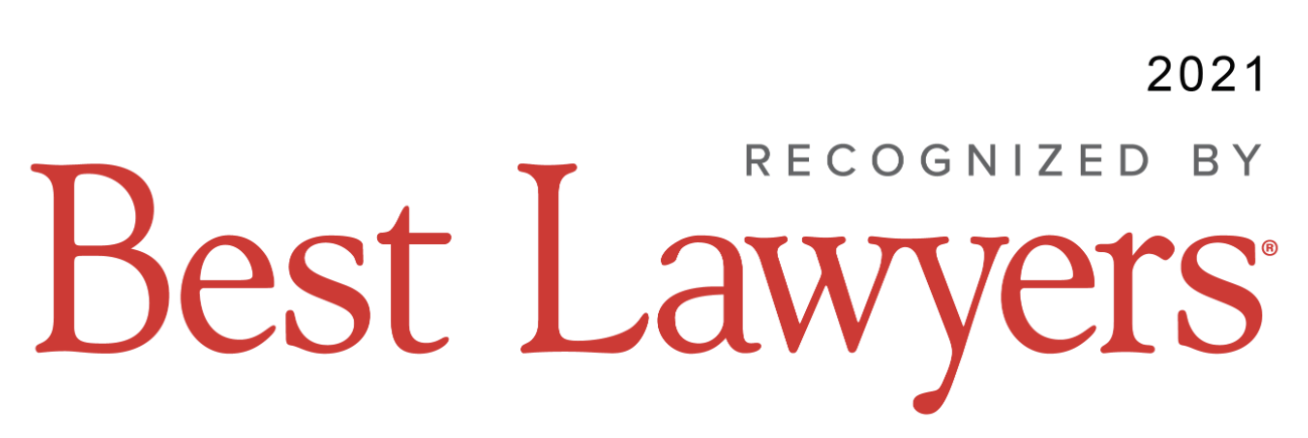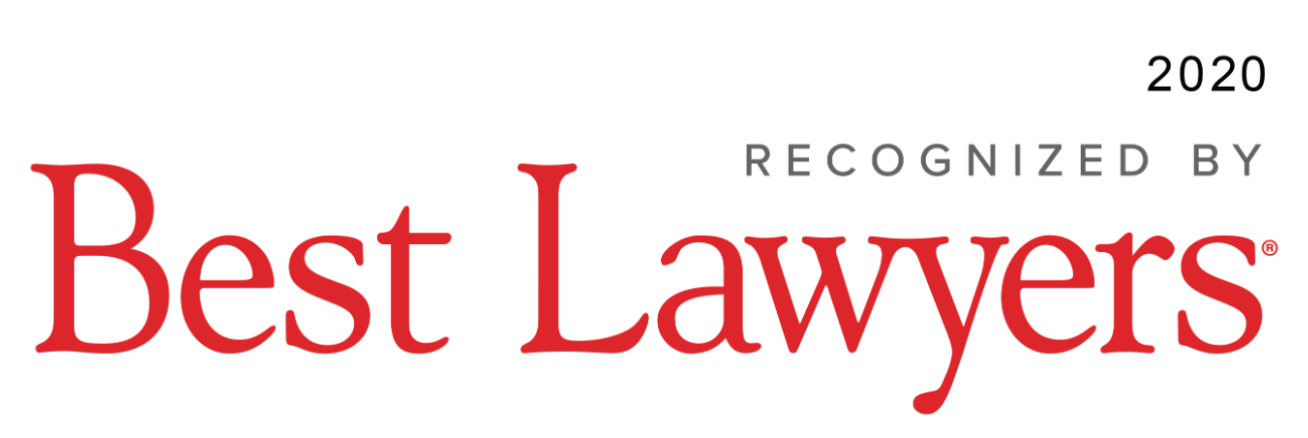By Zach Walsh, Attorney
McKean Smith, LLC
After the office of President Trump’s attorney, Michael Cohen, was searched by law enforcement officials associated with Robert Mueller’s investigation, a national discussion ensued whether Mr. Cohen and President Trump used attorney-client privilege to conceal the source of payments to Stephanie Clifford aka Stormy Daniels for her silence regarding the alleged sexual encounter she claims she had with President Trump. Mr. Cohen’s office was searched, and evidence gathered. Ultimately, Mr. Cohen pleaded guilty to eight federal crimes including tax evasion and making false statements to a bank. During his plea, Mr. Cohen told the court that President Trump directed him to arrange payments during his 2016 campaign to two women who alleged they had sexual encounters with President Trump. President Trump denied he directed his former attorney to arrange these payments.
Before and after Mr. Cohen’s plea, the national conscience was alerted, and questions and concerns arose regarding attorney-client privilege. First, was Robert Mueller’s use of search warrants to search and seize documents from an attorney’s office a violation of attorney-client privilege? Second, was Michael Cohen’s disclosure to the court a breach of attorney-client privilege? The short answer is no.
In his April 18, 2018, Wall Street Jones editorial, former U.S. attorney general and U.S. district judge, Michael Mukasey, discusses President Trump, Michael Cohen and attorney-client privilege. He states “in the 16th century, when our English forbears began resolving disputes through trial by jury rather than ordeal or battle, disputants had to rely on lawyers to present evidence and arguments. Thus, the need for a rule that would encourage client to disclose information to their lawyers.”
That rule became attorney-client privilege. Encouraging full and direct communication between lawyers and clients, attorney-client privilege became a cornerstone and hallmark of our judicial system. It’s importance and universal recognition since the Elizabethan period cannot be overstated. That is why many Americans were surprised to discover this privilege has limits, the crime-fraud exception.
In the Supreme Court’s landmark decision regarding the crime-fraud exception, Clark v. United States, Justice Cardozo wrote “there is a privilege protecting communications between attorney and client. The privilege takes flight if the relation is abused. A client who consults an attorney for advice that will serve him in the commission of a fraud will have no help from the law. He must let the truth be told.” Clark v. United States, 289 US 1, 15, 53 S Ct 465, 469, 77 L Ed 993 (1933).
Oregon Evidence Code section 503(4)(a) states, “if the services of the lawyer were sought or obtained to enable or aid anyone to commit or plan to commit what the client knew or reasonably should have known to be a crime or fraud” no attorney-client privilege will be allowed. Washington law recognizes the exception to the attorney-client privilege in case law (Dike v. Dike, 75 Wash 2d 1968 and Cedell v. Farmers Ins. Co. of Washington, 176 Wash 2d 2013) as well as in section 1.16(b) of Washington’s Rules of Professional Conduct.
Essentially, attorney-client privilege is not recognized in Oregon, Washington, or under Federal law if the client is using the attorney to commit a crime. If read narrowly, the exception covers only the motive of the client. Mr. Mukasey writes “if the lawyer is acting on his own – for the client’s benefit but without the client’s authorization – evidence of the lawyer’s conduct would not be privileged, although evidence of the client’s statements would remain so.”
In order for prosecutors like Robert Mueller’s team to obtain a search warrant for Mr. Cohen’s office, the U.S. attorney would have to meet six conditions according to the U.S. Attorney’s Manual.
- Prosecutors must attempt to obtain information from other sources or the use of a subpoena.
- The search warrant must be authorized by the U.S. attorney or an assistant attorney general.
- The prosecutor must confer with the criminal division of the department.
- The team gathering evidence or conducting the search must “employ adequate precautions” to ensure they are not accessing privileged communications with the attorney’s other clients.
- The team gathering evidence includes members who are not working on the case, commonly referred to as a “privilege team” or a “filter team,” to ensure that investigators conducting the search don’t see privileged communications.
- A review process of seized material must be established.
After meeting these conditions, a magistrate or judge must approve the warrant before its execution. Deciphering and understanding what may qualify as privileged communications is complex, and until the seized materials are disclosed, it will not be clear if the crime-fraud exception even applies.






















